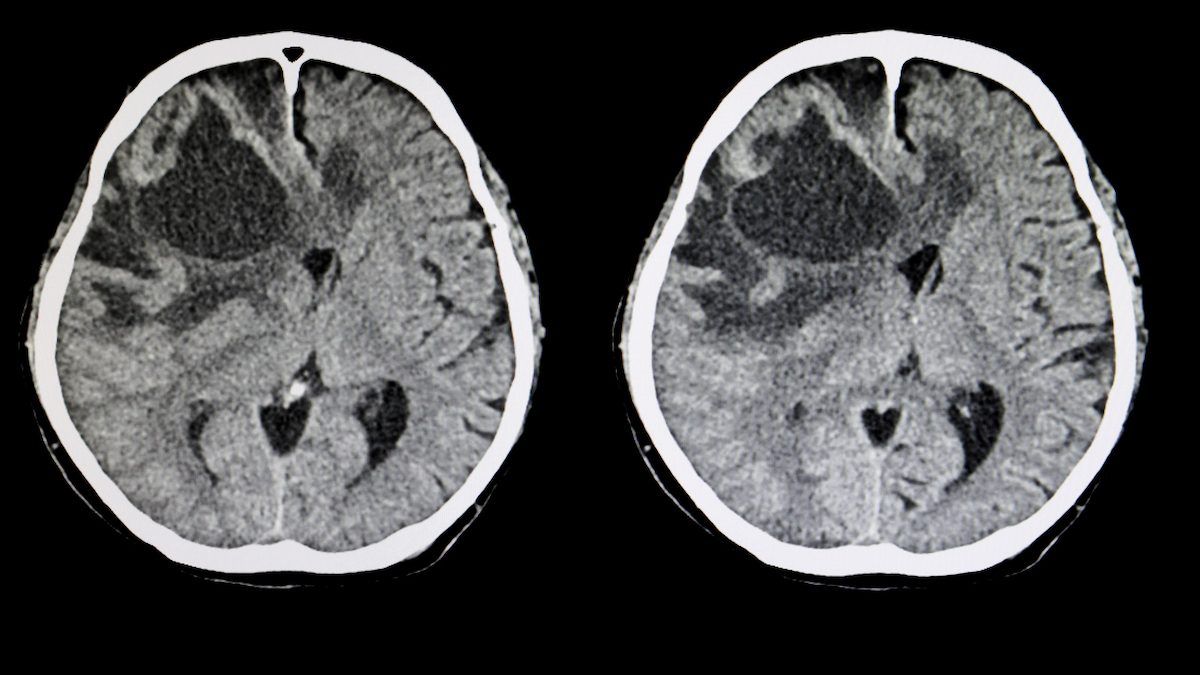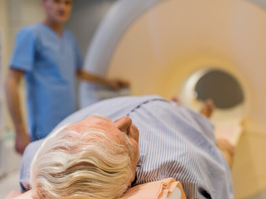despite the new diagnosis, bérubé is determined not to let her diagnosis define her; only days after the first brain tumour was discovered, she started training to run a marathon. “i thought, ‘i am not going to let this destroy me, i’m not giving in and can take this on.’”
her2-positive breast cancer represents about 20 per cent of all breast cancers, says cathy ammendolea, chair of the board of directors at canadian breast cancer network, a national health charity based in ottawa. according to ammendolea, this type of cancer is particularly aggressive, as the tumours have high levels of a protein called human epidermal growth factor receptor 2 (her2) that promotes the growth of cancer cells.
bérubé is determined not to let her diagnosis define her: “i can still be a mom, an employee, a friend and a partner.” credit: chad hipolito
while there has been tremendous progress in breast cancer research over the years, much of it has been focused on early-stage cancers. ammendolea and many other advocates feel more needs to be done for metastatic patients. “when you are facing advanced or metastatic cancer, particularly when the cancer has spread to the brain, you have far fewer treatment options.”
ongoing research and development are especially critical given many of those diagnosed with metastatic her2-positive breast cancer tend to be younger, still involved in caregiving and have full, active lives, ammendolea notes. “there is an emotional and physical toll that can be overwhelming.”
 4 minute read
4 minute read













